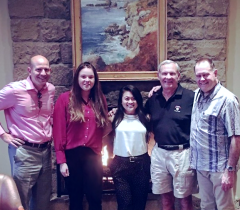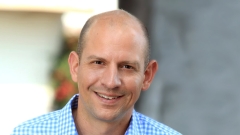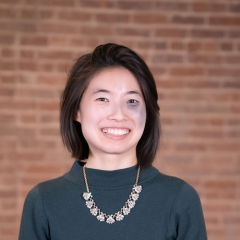MIIS Students and CTEC Director Interview Retired General and Former Ambassador for Counterterrorism at the State Department
| by Mitchell Leong, Graduate Assistant, and CTEC
Middlebury Institute students Shailene Pimentel, Cierra Horsting, Chuck Woodson, and CTEC Director Jason Blazakis interviewed retired general and Ambassador Dell Daily at the Birnam Golf Club in Santa Barbara.



